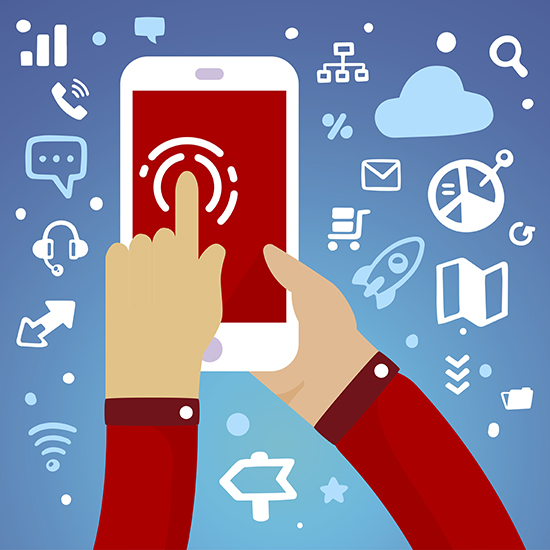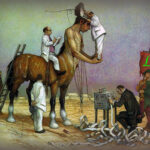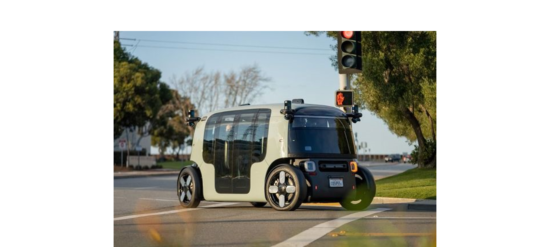December 30, 2014 – Today’s guest blogger contribution comes from Alison Stanton. Alison is a freelance writer based in Phoenix, Arizona. She has been perfecting her craft of telling interesting people stories for the past 14 years. In her posting today she describes the power behind today’s Android and Apple phone technology. For those of you who have one of these you hold in your hand a device more powerful than most desktop computers. She describes just how advanced this technology is. I hope you enjoy her contribution.
———-
If you own an Android or Apple phone today there are more than two million apps currently at your disposal. Many of them are capable of some pretty amazing feats that go well beyond keeping your calendar organized or your shopping list updated. That’s because both Apple and Android phones contain sensors that turn that mobile device into a motion-sensor robot capable of doing many important tasks.
In some ways, these sensors are the missing link needed to have some really cool superpowers that are usually reserved for engineers, scientists, physicians and other experts. If you want to test out your phone’s superpowers, consider getting the following four apps:
Mobilyze
Thanks to the widespread use of smartphones, psychologists, psychiatrists and patients can use apps to help monitor mental health. Psychiatric Times states that Mobilyze, an app that was developed by researchers at Northwestern University, uses some of the built-in sensors on smartphones to capture data about the user. This data helps to determine how the person is feeling and what they are doing. For example, GPS, light sensors and call sensors can indicate if people are sleeping more or less, if they are taking calls or avoiding them or if they are visiting different locations. The sensors in the phone keep tabs on the person with depression and his or her behavior in order to provide accurate feedback.
Seismo
With the free Seismo app, people can turn their Galaxy S5 or other smartphone into a working seismograph that fits in their pocket, purse or backpack. For people who live in earthquake country—or even those who just want to pick up vibrations or other movements—the Seismo app is a great way to do just that. The app uses the accelerometer found in the smartphone to measure movements on an axis, which can then be saved and exported in the form of a CSV file for further analysis.
Sleep Better
There are several apps that can help people monitor their sleep and dreams. For example, the free Sleep Better app uses sensors to track how long they are asleep, their sleep cycles and their dreams. By simply placing the phone next to their pillow, the app will track a variety of sleep-related data, including how long it took people to fall asleep.
Air Call-Accept
The Air Call-Accept app allows people to answer a phone call or reject it—all without touching their phone. By using the proximity sensor on the mobile device, the app detects them waving their hands over the screen or putting the phone next to their ear. This app is especially handy for people who are answering a call while driving and are unable to look at the buttons on the screen.
What the Future Holds
The capabilities for smartphone and sensor technology are endless. Wired predicts that sensors may one day help to measure how stressed out you feel or how you respond to various situations. Or, by measuring reactions in your skin, researchers can determine what types of emotions you are having. This data could help you know what raises your stress and anxiety levels, and it can be used by companies to determine if you respond favorably to an ad or product. Regardless of what comes next, the future looks bright for smartphone sensors.

















